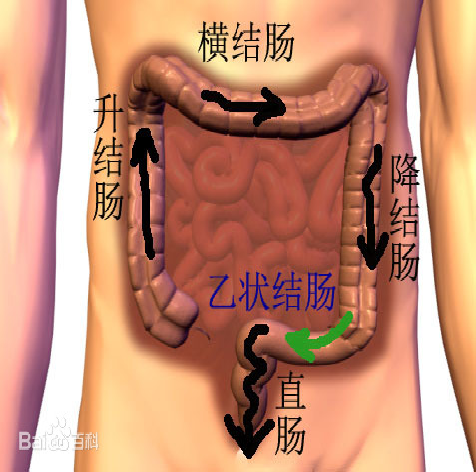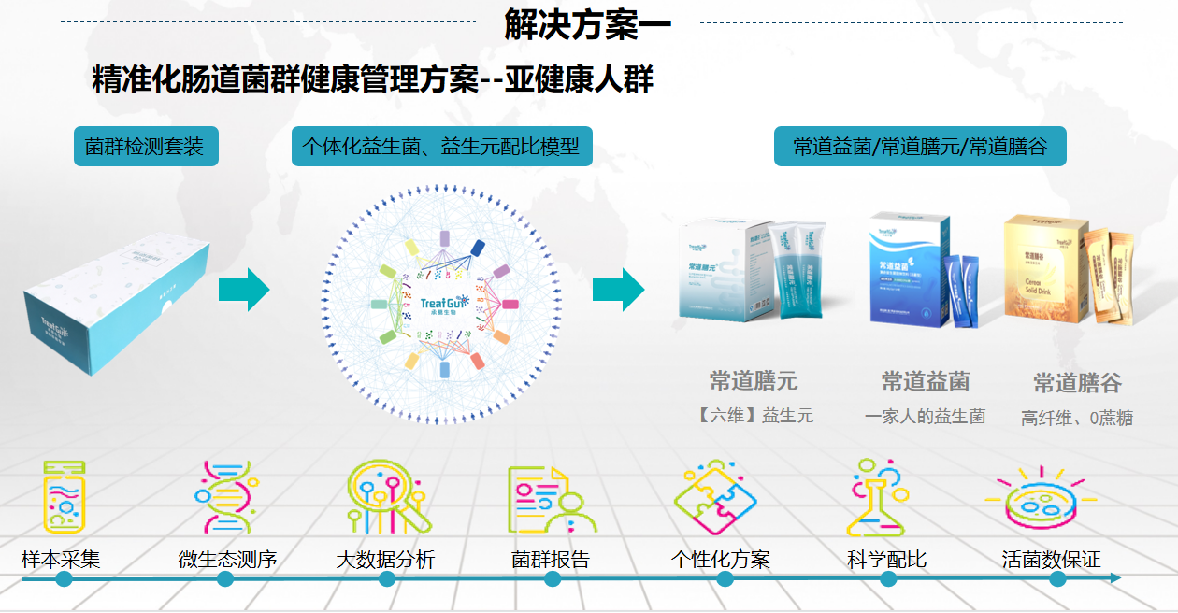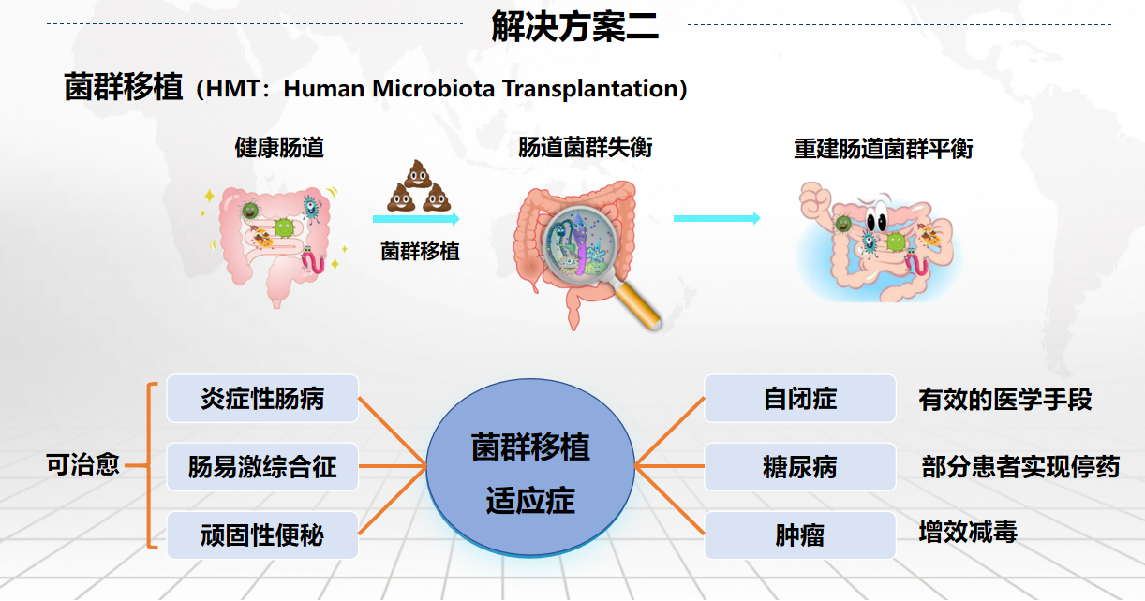More than 99% of intestinal microorganisms are bacteria, with a number of about 10 to the 11th power, 500--1000 species.
Including 97% strictly anaerobic bacteria and 3% aerobic bacteria. Number of intestinal microorganisms(1012-1014)>>Number of microorganisms per body surface area = 10*Number of human cells(1011个)
Number of microbial genes = 100*Number of human genes (39,000)
There are more than 1,000 types of bacteria in the human intestine;
The total number of bacterial cells is 3×1013个;
The number of genes is about 3.3 million, which is 150 times the number of genes in the human body;
Firmicutes, Bacteroidetes and Proteobacteria are dominant bacterial communities
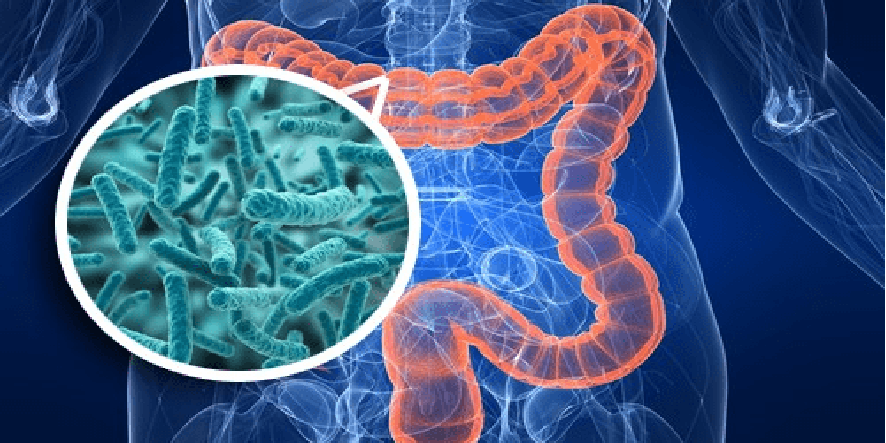
What are intestinal microorganisms?
The intestine is not only a digestive organ, but also the largest immune organ of the human body. The intestinal flora is an "organ in the organ" and the second brain of the human body.
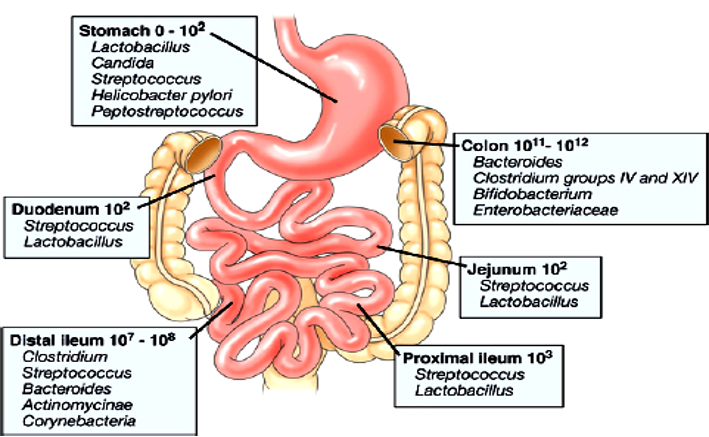
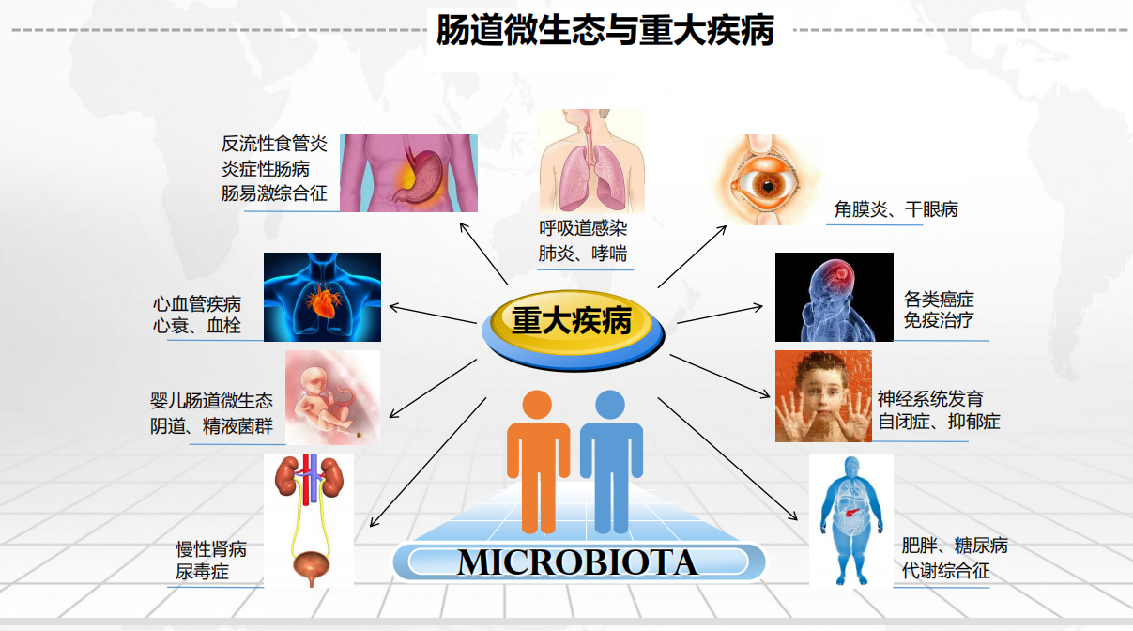
What is intestinal microbial metagenomic testing
The extracted fecal DNA is sequenced by microbial DNA through high-throughput sequencing technology (Next-generation sequencing). Analyze the composition and product metabolism of tens of thousands of intestinal flora, use our huge sample information and unique deep data analysis methods to accurately evaluate the impact of flora on one's own health and disease, and provide targeted life and rehabilitation suggestions.
What is the difference between our intestinal flora testing and routine fecal testing in hospitals?
The hospital's routine stool test mainly tests stool characteristics and whether there is fecal occult blood. It can only understand the nature of stool on a very rough scale, and cannot accurately judge diseases and people's nutritional and dietary status.
The intestinal flora can detect more than 80,000 data indicators from fecal samples, covering more than 70,000 bacteria and more than 5,000 genes and hundreds of metabolic pathways. Its data volume and refinement are completely incomparable to routine stool tests. According to the analysis of large sample populations and disease samples, intestinal flora testing can accurately analyze people's nutrition and diet based on the above tens of thousands of data indicators, can detect hundreds of pathogenic bacteria at a ratio of one in ten thousand, and can analyze and judge dozens of disease states and risks.
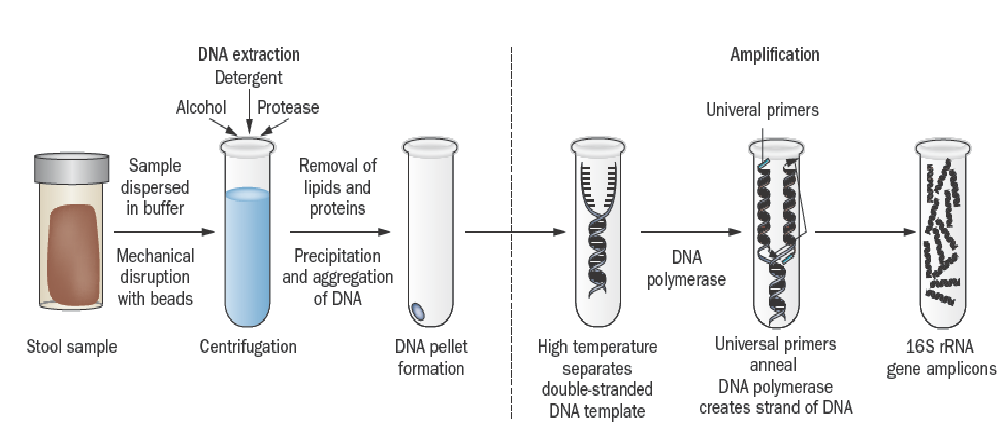
Colon hydrotherapy
Colon hydrotherapy, commonly known as "colon wash" and "colon hydrotherapy", is a new health care method that can thoroughly clean the intestines, expel toxins from the body, improve constipation, correct diarrhea, regulate intestinal flora imbalance, prevent colon cancer, and has the effects of beauty, skin care, weight loss, and regulating endocrine disorders. It is known as the most popular physical internal health care natural therapy in the 21st century.
